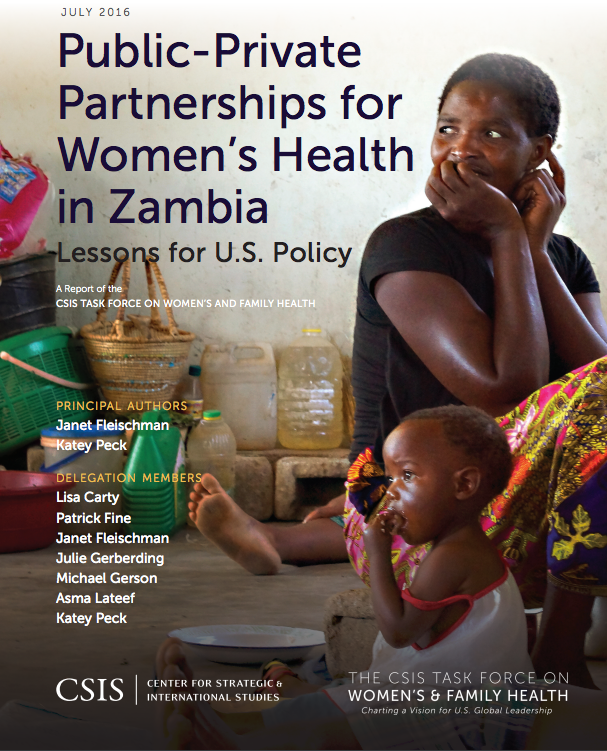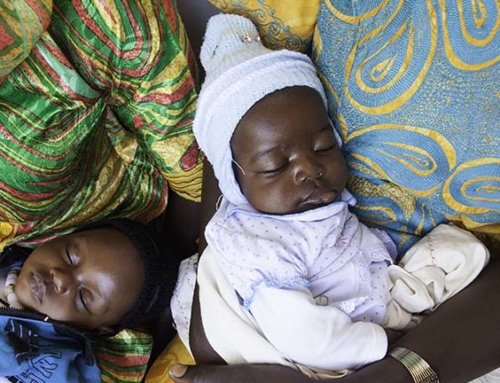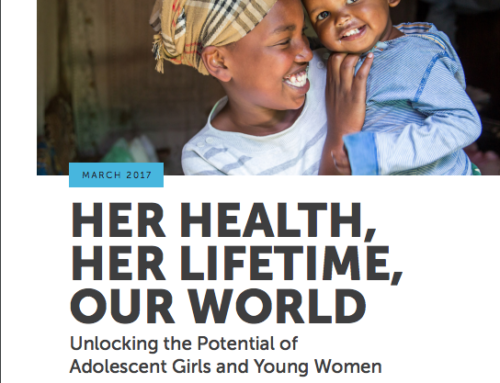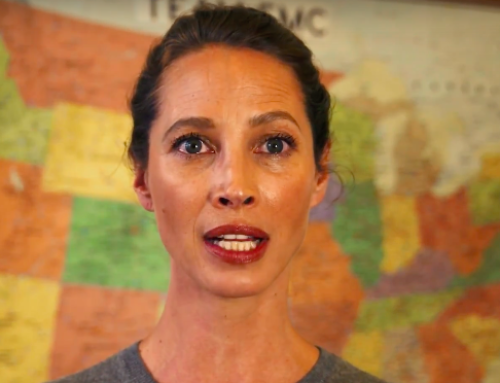Zambia is a lower-middle-income country struggling with critical health challenges, including high rates of maternal and neonatal mortality, malnutrition, cervical cancer, and a severe HIV/AIDS epidemic that disproportionately affects adolescent girls and young women. The United States is the largest donor to the health sector in Zambia, largely through the President’s Emergency Plan for AIDS Relief (PEPFAR). Over the past five years, the United States has also helped establish several public-private partnerships (PPPs) aimed at advancing the health of women and families. These PPPs provide lessons about the potential impact of these approaches, the challenges inherent in such partnerships, and the importance of PEPFAR support. With future U.S. global health funding likely to be flat-lined, this is an important moment to assess how partnerships with the private sector can amplify the impact of U.S. investments in women’s and family health. The lessons from the U.S. engagement in the PPPs in Zambia hold valuable lessons for other such initiatives.
TO DOWNLOAD FULL REPORT, CLICK HERE.







